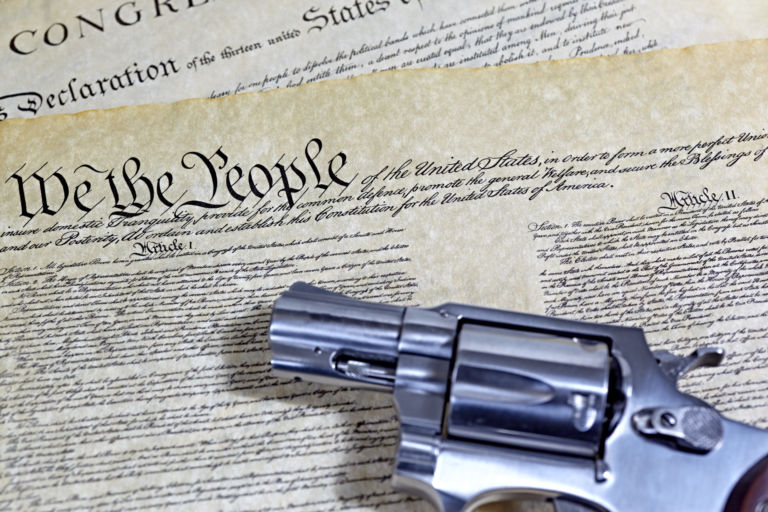Tevi Troy explains how New Yorkers can recover from the “debacle” of Bill de Blasio’s tenure as mayor.
As Bill de Blasio’s tenure as mayor of New York City concludes, it is worth examining how he dismantled the foundations of the city’s decades of success. Studying de Blasio’s tenure can give incoming mayor Eric Adams a road map for doing things differently—and differently, in this case, means better. Understanding New York’s recent history can also help provide the city with a long-term direction. A resurgent Gotham would send a powerful message of confidence, nationally and internationally. Looking closely at the de Blasio years can help expose not only what the mayor did wrong but also what should be done to reverse the city’s slide.
The mayoral tenures of Rudolph Giuliani and Michael Bloomberg—de Blasio’s immediate predecessors— were successful for one overarching reason: both leaders focused on the first priority of government, the rule of law. Ensuring citizen safety and maintaining order led to significant and sustained reductions in crime. During the early 1990s, when David Dinkins was mayor, New York City was suffering from more than 2,000 homicides a year. Criminals, as well as the law-abiding, knew that the city had a decidedly unsafe feel. The high crime rates and menacing atmosphere discouraged tourists, investment, business development, and newcomers.
When Giuliani won the 1993 election, he resolved to apply groundbreaking policing strategies. … And the NYPD put into action a Broken Windows policing approach that cracked down on aggressive panhandling, the notorious “squeegee men” who menaced drivers coming into Manhattan, and subway fare-beaters, who were often found to have committed other crimes as well. This comprehensive effort helped initiate a city-saving 80 percent crime drop over the next few decades. Mayor Bloomberg maintained these approaches and accelerated tactics like stop-and-frisk to get guns off the street.
By contrast, de Blasio took a more skeptical view of the police. He campaigned on ending stop-and-frisk. He spoke openly of warning his biracial son, Dante, about interacting with the police.


